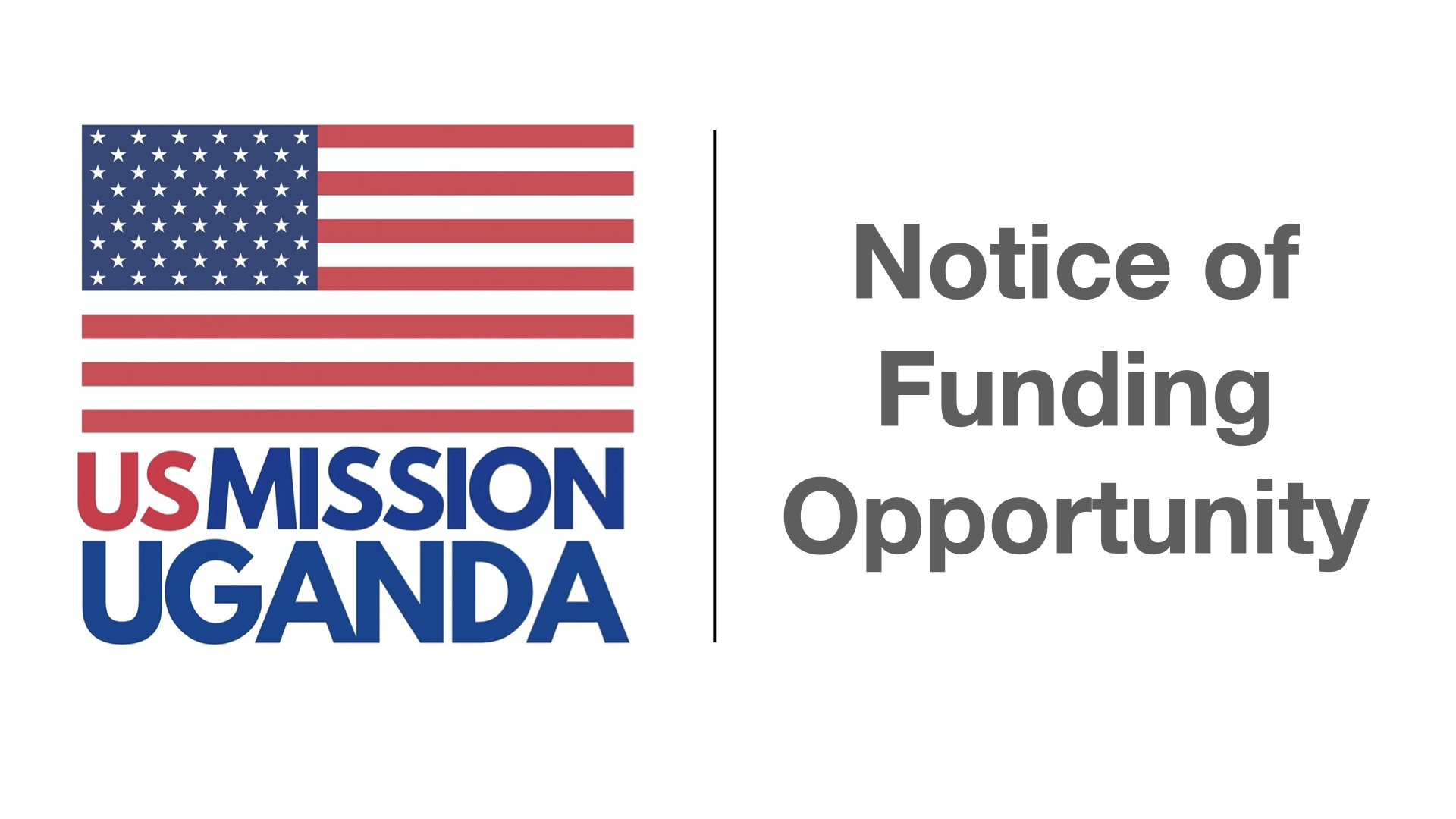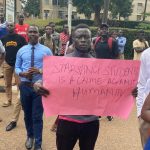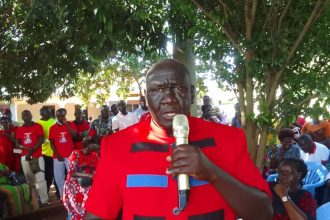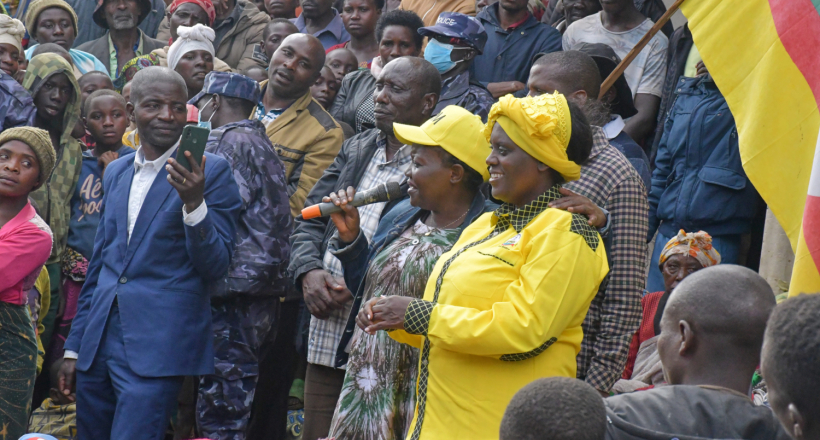(Kampala) – Uganda’s Ministry of Internal Affairs has issued a cautionary statement to Non-Governmental Organizations (NGOs), advising them against accepting foreign donor funding with restrictive conditions in the lead-up to the country’s 2026 general elections. The government’s warning emphasizes a need for NGOs to be financially independent and avoid potential risks associated with foreign influence on local affairs.
The National Bureau for NGOs’ executive director, Stephen Okello, noted that Uganda had more than 14,200 NGOs in 2019. However, the number has declined significantly, now standing at around 6,000 active organizations. Okello urged NGOs to become self-reliant, emphasizing the importance of local funding for sustainable operations, as over 98% of Uganda’s NGOs rely primarily on foreign donations.
Table: Uganda’s NGO Statistics Over Recent Years
Year
Number of Registered NGOs
Funding Dependency (%)
2019
14,200
Predominantly foreign
2024
6,000
98% foreign-funded
Okello referenced Section 46 of the NGO Act, which allows NGOs to fundraise locally, encouraging organizations to shift focus toward community-based support to reduce dependency on external funds. “If NGOs rely solely on foreign donations, their independence is compromised, often aligning them with the interests of their donors,” he warned.
In a prior move, the Ugandan government suspended the Democratic Governance Facility (DGF) in 2021, citing lack of sufficient government oversight on its large-scale operations. In the same year, 54 NGOs were also suspended, with the government questioning their adherence to local regulations. Okello highlighted that NGOs operating solely on external donations could face challenges with sustainability and advised them to consider long-term operational stability.
Okello also addressed the registration of faith-based organizations, saying that all religious groups must register as NGOs to ensure uniform regulation. He revealed that the government is working on a policy to manage issues affecting such organizations, emphasizing the need for accountability.
Dr. Livingstone Sewanyana, Executive Director of the Foundation for Human Rights Initiative (FHRI), commented on the restrictions, noting that although the NGO Act, 2024 allows NGOs to engage in income-generating activities, the law does not guarantee automatic tax exemption. “Even if the funds are reinvested in our operations, the lack of tax relief is a concern that needs addressing,” he stated.
Sewanyana explained that Uganda’s local philanthropic landscape is still developing, making foreign donations essential for many NGOs. “Few individuals or businesses are willing to contribute to social causes here, so we have to seek funds from abroad,” he said.
Sewanyana further stressed that sustainable NGO operations are challenging under Uganda’s ongoing human rights issues. He urged the government to take cues from the United States’ recent elections on November 5, where high voter turnout and peaceful polling were highlighted as a model for free and fair democratic processes.




















